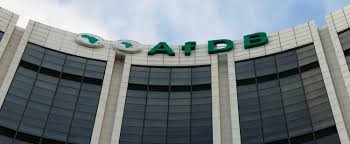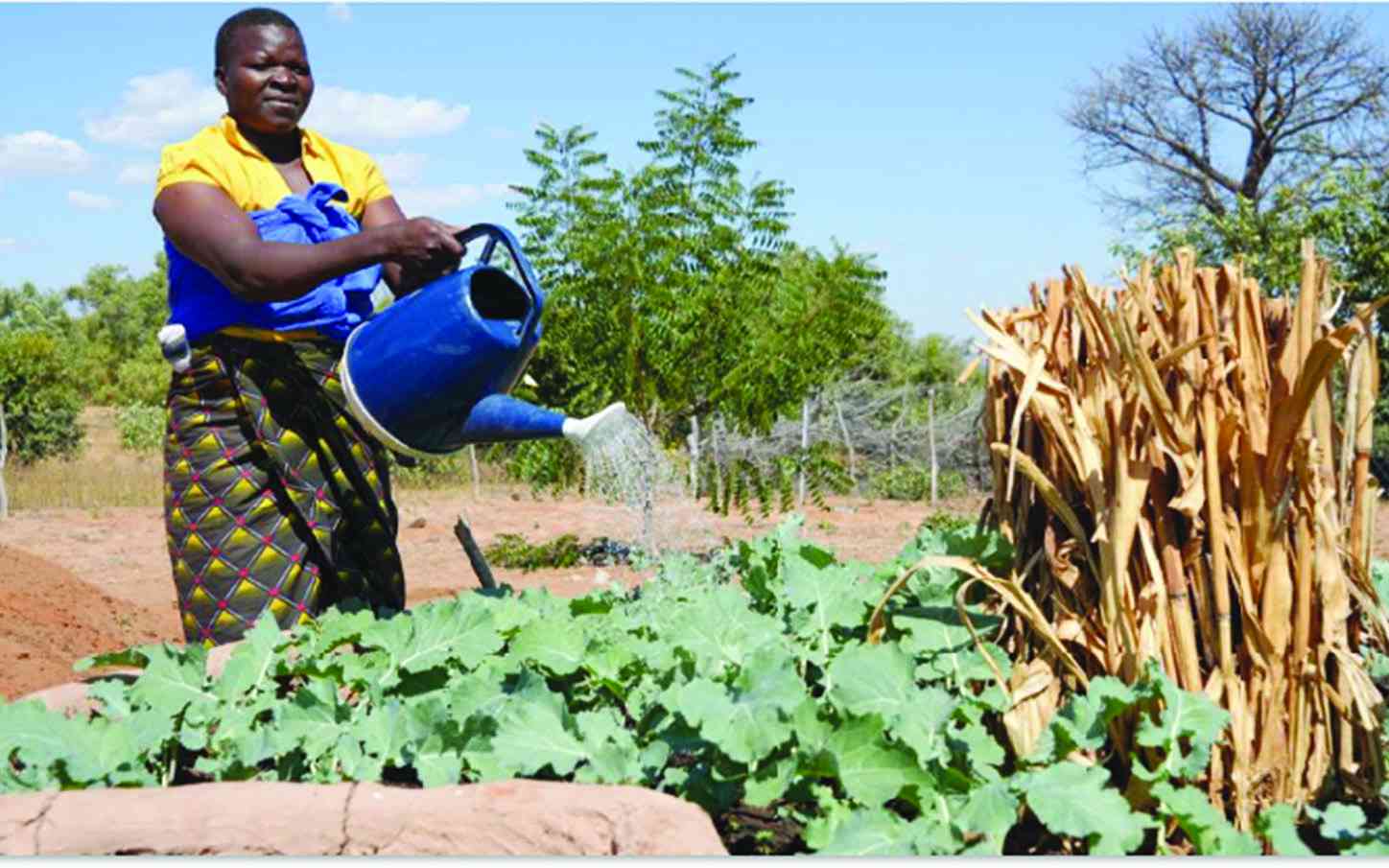
THE African Development Bank (AfDB) has identified the need for African states to come to the table to fund the peace and security of refugees and displaced people for Africa’s sustainable development.
This is coming at a time when Africa is home to over 45 million forcibly displaced people, a number that has grown steadily over the past 13 years and doubled since 2018.
Traditionally viewed through a humanitarian lens, AfDB and the United Nations High Commissioner for Refugees (UNHCR) Friday revealed that they were joining forces to unlock the economic potential of these markets.
Both institutions will do this by focusing, inter alia, on renewable energy, agriculture, entrepreneurship, and financial services.
The collaboration between the bank and UNHCR emerged on the final day of the three-day 2024 Africa Investment Forum Market Days that was held in Rabat, Morocco, hosted by AfDB.
The bank hosted this as part of a collective initiative including the African Export–Import Bank, Africa50, Africa Finance Corporation, Development Bank of Southern Africa, European Investment Bank, Islamic Development Bank, and Trade and Development Bank.
During a meeting Friday, AfDB finance and chief financial officer vice-president Hassatou N’Sele said there was a need for African nations to reform on refugees.
“We need to be bolder because we cannot be proud. Absolutely, we cannot be proud of how this situation with the displaced people, with peace and security has evolved today and if we hope to make a lasting impact, we need to reform the way that we work together,” she said.
- Infrastructure key to economic growth
- AfDB, UNHCR partner to fund peace, security for refugees
Keep Reading
“It is a chain, it’s not competition, it’s not about visibility, it is about changing the lives of people, and we have the means to do it, and we have to do it.”
She spoke of an initiative, Security-Indexed Investment Bond, which is a collaboration with the African Union, donors, countries and private sector that seeks to address the connection between security, investment, and development.
Hence, it mobilises resources to address the causes of insecurity, protect investments and livelihoods, and rehabilitate communities and infrastructure.
N’Sele said if nothing was done, years down the line, the next generations would keep holding the same conversations.
“The African Development Bank has what we call the Transition Support Facility, and through this facility we’ve been addressing the root causes of fragility,” N’Sele said.
“But there is also a part of that facility that looks at funding, financing, hosting communities, the communities that host the refugees, but also the refugees themselves, because they are part of the economic material of the country.
“But more importantly, through our private sector operations, we’ve been able to reach towards the internet in this place, community, through a financial inclusion project, through a human capital project, and others as well.”
She said for the bank, peace and security were important because forced displacement was not just a humanitarian issue, but also a development challenge.
“So, it is very important to be able to combine, or it’s important to create synergies between humanitarian aid or development, peace and international development. The type of funding that we usually see for humanitarian crisis is shorter, but the crises themselves are not shorter,” N’Sele said.
“We need to combine short-term funding, but also with long-term development finance, because we need to have sustainable development provided in our countries.”
UNHCR assistant high commissioner for refugees, Raouf Mazou, said Africa was at a transformative moment where everybody understood that there was a need to approach forced displacement.
He said there was a need to connect the issue of forced displacement with other issues like peace, environment, and climate change.
“The business case, I think, is to make sure that refugees and IDPs [internally displaced person] are part of the economy of the country or the communities that welcome them. The issue now is how do we make it, and what we heard also from the private sector partners that it is possible, and we know how to do it,” Mazou said.
“The issue of government’s role in creating the environment for refugees and IDPs to be part of the economy is clear, and we need to see more and more governments willing to create the environment that allows people who find themselves in situations of forced displacement to be fully part of the economy.”
UNHCR Zimbabwe provides protection and assistance to around 22 400 refugees and asylum-seekers and the communities hosting them.










